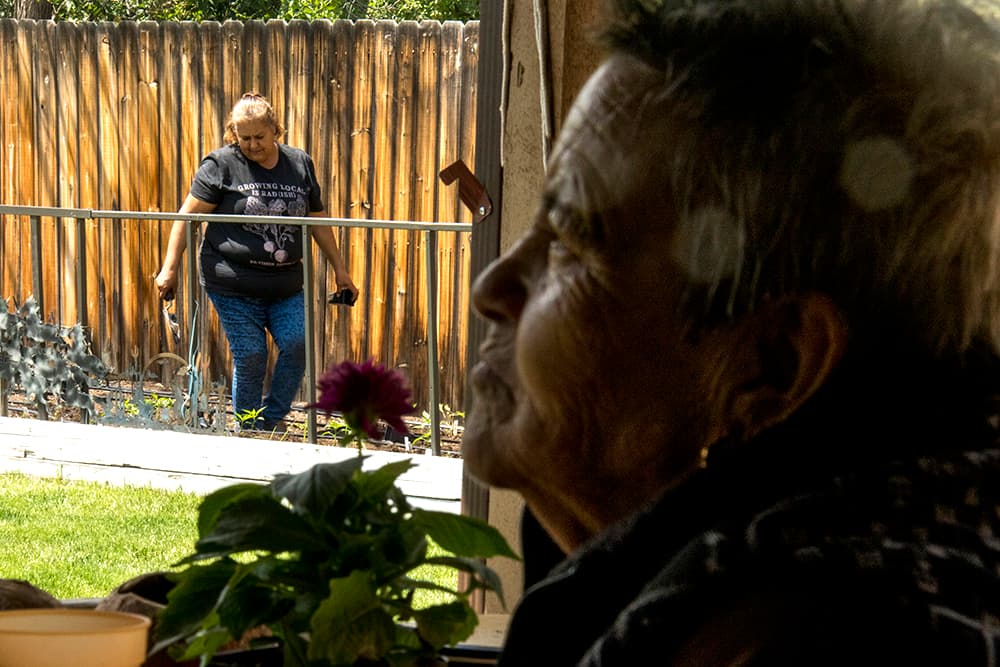
Denver's Westwood neighborhood is one of Denver’s poorest communities. It hasn’t had a grocery store in 20 years, and the sidewalks don’t connect, causing difficulties for pedestrians. Without substantial city investments, community groups are leading the effort to make Westwood thrive.
“People are growing their food and they are really interested in health and nutrition,” said Eric Kornacki, executive director of Re:Vision and a current resident in Westwood.
Re:Vision employs women who live in Westwood called “promotoras.” These women are community outreach workers who are trained in multiple areas including health, nutrition and gardening.
“Our whole motto is based on building the knowledge and the capacity within the community,” said Kornacki. “Let them solve the problems, let them be the ones leading the effort.”
La Casita, a community home created by Westwood Unidos, is also helping to establish change in Westwood by offering people GED classes in Spanish, fitness classes and more.
These efforts stand out because the city has traditionally ignored and not invested in Westwood, according to community advocates.
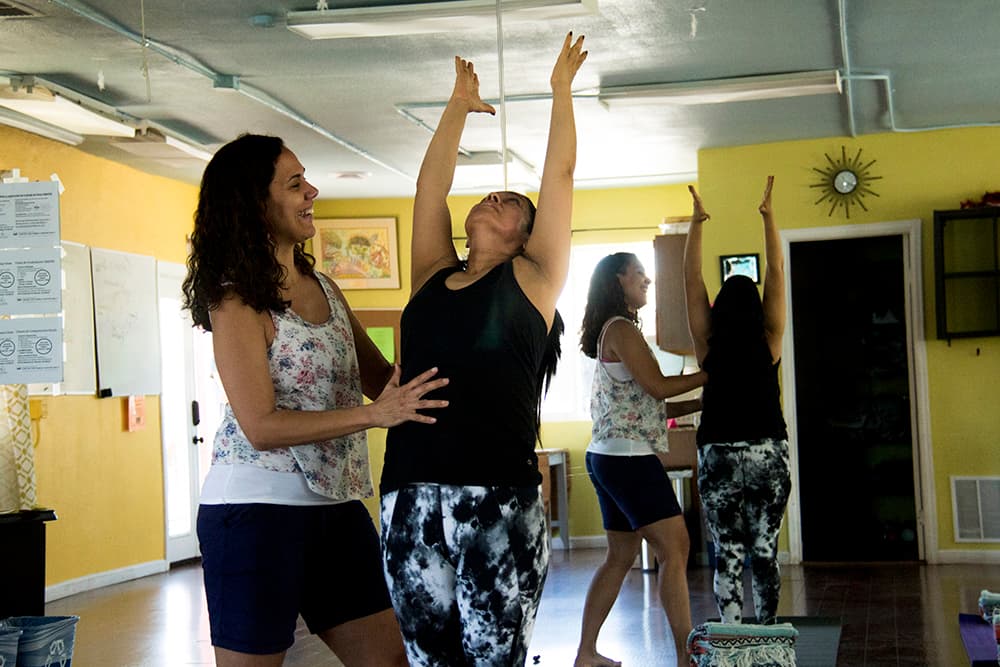
Westwood has long been a neglected neighborhood in Denver.
Located along the Lakewood border, Westwood is home to nearly 17,000 people, 81 percent of whom are Latino. Westwood also has one of the youngest populations of any neighborhood in Denver, with nearly 40 percent of the population being 18 or younger.
“Westwood and the surrounding neighborhoods I think are some of the best neighborhoods in Denver, as far as community,” said Kornacki. “People come from a more relational culture than most Americans do.”
The neighborhood currently lacks a lot of important resources, including a grocery store, recreational opportunities and green space. It is also difficult to travel on foot throughout the area because narrow or missing sidewalks create dangers for pedestrians. These factors all contribute to high rates of obesity, more than any other Denver neighborhood. A health impact assessment done by the city found that more than 40 percent of adult residents in the neighborhood are considered to be obese.
“There isn’t easily accessible resources such as space to do physical activities,” said Emily Thomas, a program assistant with Westwood Unidos.
Some 46 percent of Westwood residents don’t have a high school degree, compared to 14 percent for the city as a whole. The median household income was between $26,900 and $33,000. In comparison, the rest of Denver’s median household income is $51,800.
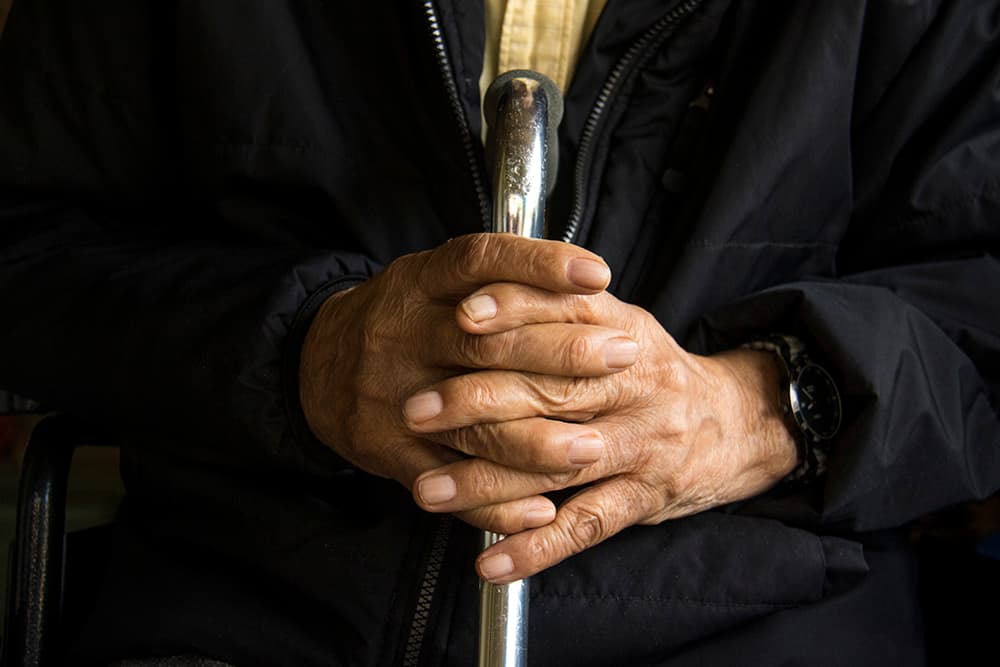
The city of Denver adopted a new Westwood Neighborhood Plan last July.
The plan has five goals in mind: creating a neighborhood where residents can be healthy, enhancing local and regional connectivity, improving the neighborhood’s social, economic and environmental justice, celebrating Westwood’s unique qualities and providing opportunities for the neighborhood to grow and thrive.
The city plans to accomplish these goals by transforming Morrison Road and Weir Gulch, creating a neighborhood greenway, strengthening community resources and spaces, improving healthy food access and by connecting the region of Westwood. The city also is working on turning part of the neighborhood into a Mexican cultural district.
“A lot of (the change) has come from residents organizing in the community and demanding we need parks, safe streets, we need better sidewalks, we need security and safety and access to healthy food,” said Kornacki. “If you look at where the Highlands was at 10 years ago, it is probably where this neighborhood is at today.”
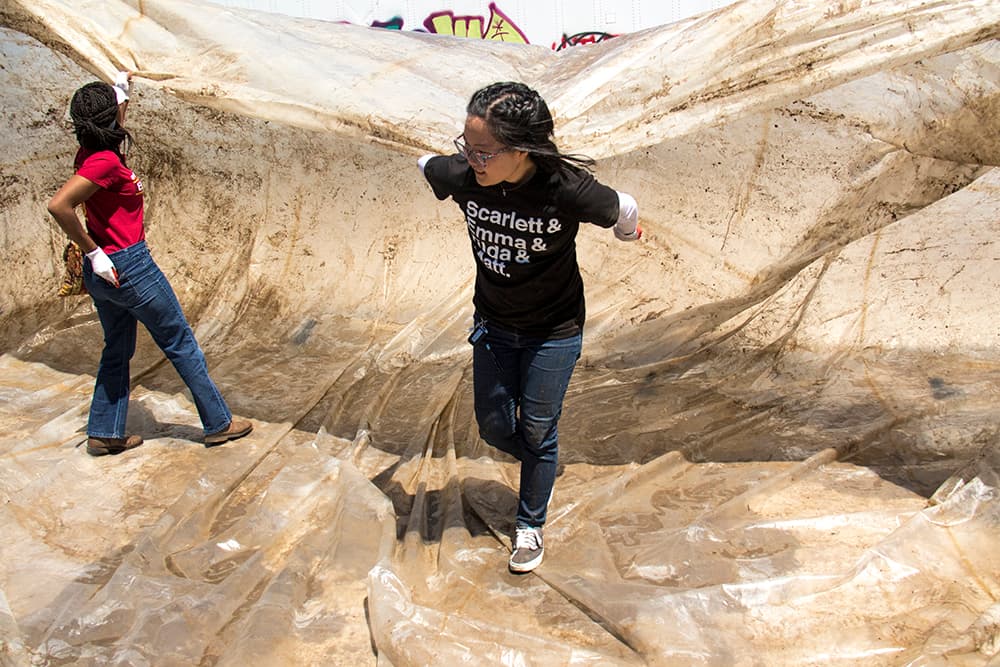
Re:Vision is an organization that focuses on helping people in economically marginalized neighborhoods.
One way it is achieving this goal is by helping Westwood residents start up gardens and educating them about nutritional facts.
Following their training, promotoras are assigned families to work with -- not necessarily just in Westwood. These individuals can work with up to 40 families each year. They begin the process by interviewing families about their family situation, their nutritional needs and their income. They then work with the family to determine what garden is the right size for them.
“We provide to them plants, seeds, we put in a drip irrigation system, we bring compost, we help get the soil prepared, we help get the gardens formed,” said Kornacki. “The promotora teaches the family every step of the way so that they are learning and participating throughout the whole process.”
The promotoras are also responsible for checking in on the family twice a month throughout the year. During these visits the promotoras are learning about what is going on in these families' homes and if they need connection to social services or other resources. Along with this, the promotoras also provide nutritional information.
Re:Vision also hosts a free educational kitchen program that lasts for six weeks and it is taught entirely by the promotoras.
“They’re learning not only how to grow it, but then how to eat it, how to prepare healthy meals, how to get their kids involved so it’s a whole family process,” said Kornacki. “We try to work with the families the next year, the next year and the next year. That’s where we start to see the deeper impact, the longer the family participates.”
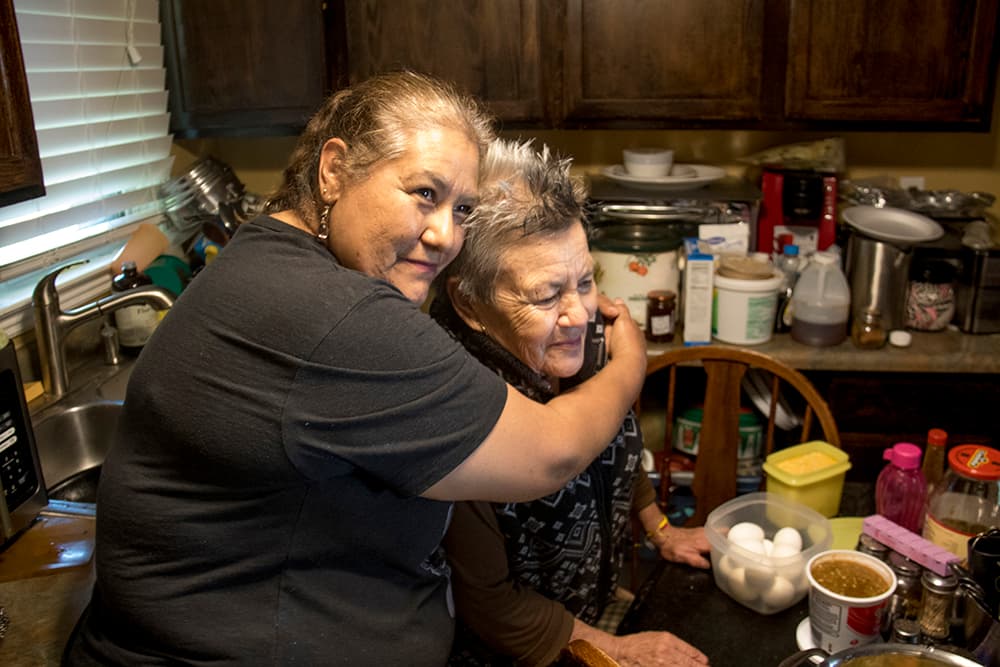
Westwood Unidos neighborhood organization is also driving change in the community.
One of its many accomplishments is the opening of the La Casita community home, an education and activity center in Westwood, which doesn't have a city-run recreation center.
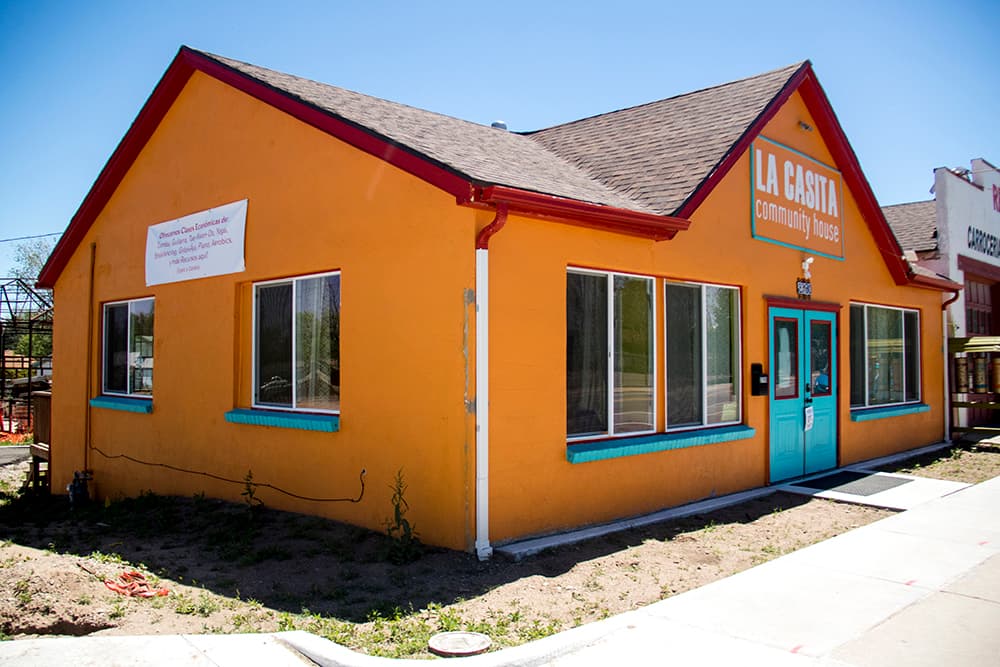
“We do education and fitness classes here for the community,” said Thomas. “La Casita specifically works around providing a safe place for kids and adults to come do physical activity and learning.”
La Casita provides an array of physical activities to the community. From Zumba to yoga to tai chi, La Casita gives Westwood residents an opportunity to engage their bodies. The classes are affordable and the community home says it won’t turn away someone who cannot pay. There are also free fitness classes oriented toward people who have had cancer.
And La Casita isn't just fitness. Thomas said it is one of the few places in Denver that offers a GED program in Spanish. There are dance, music and make-up classes, as well as Know Your Rights trainings and opportunities for people to develop leadership skills.
“The idea behind this is that Westwood has traditionally been really severely under-invested in,” said Thomas. “The landscape of it is very oriented through car mobility and not so much people mobility. A lot of people are almost encouraged to stay in their homes because it is hard to walk around in this neighborhood.”











